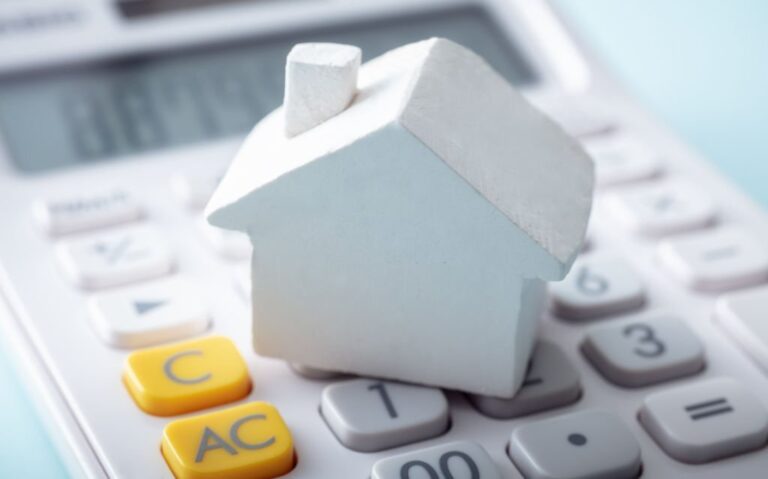Understanding the Importance of Home Value
The knowledge of an asset’s value, particularly home value, is pivotal in understanding one’s financial status. For homeowners, it is crucial to comprehend the worth of their property, as it aids in making informed decisions about whether the price being paid is justifiable or excessive. This value is a critical barometer in financial transactions, from refinancing to selling or upgrading. Moreover, it provides a baseline for determining property loan affordability and downpayment.
Different Methods of Property Valuation
Various methods exist to determine a property’s value, each offering its unique perspective. These methods include Income-based, Direct Comparison (or Comparative Market Analysis), and Residual. The Direct Comparison method is frequently employed due to its intuitive nature. It compares a property with similar ones recently sold to assess its value.
Issues with Automated Valuation Tools
However, numerous questions arise during property valuation. For instance, one might question the accuracy of automated property valuation tools. Such toolsutilize comparable attributes and adjust for variables like location, size, and age of the property. While their accuracy is lauded, it is essential to note that they do not consider qualitative factors such as the interior condition of the unit. Hence, these tools should be used with a professional appraisal for a comprehensive valuation.
Factors Influencing Property Value
Understanding the value of your property is pivotal for multiple reasons. It can help you decide whether to sell, rent out, or potentially improve the property. ‘Property value’ or the ‘market value’ is influenced by various factors, including the property’s age, size, location, condition, and the current status of the local real estate market.
How Annual Value Influences Property Value
The age of a property can affect its value as older properties might require more maintenance and renovations, potentially reducing their value. The size of the property is also a critical factor. More significant properties, especially those with more rooms or larger living spaces, are often more valuable. Location plays a crucial role as well. A property in a desirable neighborhood with easy access to amenities like schools, markets, or public transportation, will typically have a higher value. The property’s condition also impacts its value; well-maintained properties are worth more. Lastly, the local real estate market status heavily influences property value. If the market is booming, property values rise, and conversely, in a sluggish market, property values may fall.¨
Online Tools for Property Valuation

Property valuation, a process that determines the economic value of real estate, has been modernized with the advent of various online tools. These toolsoffer sophisticated features that streamline property valuation and provide insightful data to users.
These tools provide a quick estimate of the current property value in one click, a beneficial feature for users seeking a broad picture of their property’s market standing. Users can also track the value of their property over time, which allows them to make informed decisions about selling, upgrading, or refinancing their properties.
Moreover, these tools offer property insights, presenting the latest property sales and market trends for properties in the user’s area.
One of the fascinating aspects of these tools is their ability to provide a snapshot of the transaction history of neighboring properties. This feature is critical for understanding the local property market dynamics and gauging the property’s relative value.
Underlying these tools is the Automated Valuation Model (AVM). The AVM utilizes complex algorithms to estimate property value based on variables like location, size, age, and floor level.
Limitations of Online Tools
However, these tools are not without limitations. They are primarily quantitative and geospatial data-focused, which means they consider factors such as property size, location, and other comparable attributes. The downside is that they do not consider qualitative factors, such as the interior condition of a property. Thus, these tools should be used in conjunction with other valuation methods, including physical inspections and market conditions assessments.
Professional Property Valuation
Professional property valuation is a formal process often required for facilitating property transfer, supporting financing requests, or resolving legal, tax, or estate issues. It is a critical function carried out by real estate appraisers or agents who are accredited by governing bodies within their jurisdiction.
The Role of a Real Estate Appraiser
A real estate appraiser’s role is to estimate a property’s fair market value with complete objectivity and without bias toward any stakeholders in a transaction. Their responsibility includes conducting an appraisal and preparing an appraisal report, providing an unbiased estimate of the market value for the subject property, and identifying any potential property-specific risks or red flags. The appraisal report is then used for various purposes and can be legally relied upon by the client who commissioned the appraisal.
Factors Considered in Professional Property Valuation
During a professional property valuation, various factors are taken into account. These include special features of the property that might enhance its value, its location near social and economic hubs, prevailing market conditions that can impact property values, Urban Redevelopment Authority (URA) zoning, which determines the allowed usage of the property, land size, and built-up area which affect the usable space within the property and the number of rooms which can influence the property’s appeal to specific market segments.
Other factors considered include vehicle accessibility, lease terms, the property’s age, and its overall condition. These elements collectively contribute to the final value estimation and are examined in depth to ensure a comprehensive and accurate property valuation. Overall, professional property valuation is an essential service that contributes to the smooth operation of the real estate market.
FAQ:
How do I find the value of my property?
How do you know the value of a property?
The value of a property is determined by factors such as curb appeal, home condition, size and number of rooms, construction and appliance quality, comparables (what similar homes in the area have recently sold for), supply and demand, and location.
How do you assess property value?
Assessing property value involves various factors, including internal and external characteristics of the property, recent selling prices of similar properties in the same area (comparables), and local market conditions. An appraiser also performs a room-by-room walkthrough to assess the condition of the interior and exterior of the property.
How do I find the value of my property?
To find the value of your property, you could use an online estimator for a preliminary estimate. For a more accurate assessment, hire a professional appraiser to conduct a thorough evaluation of your property’s value, considering the factors mentioned earlier.




